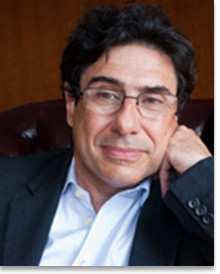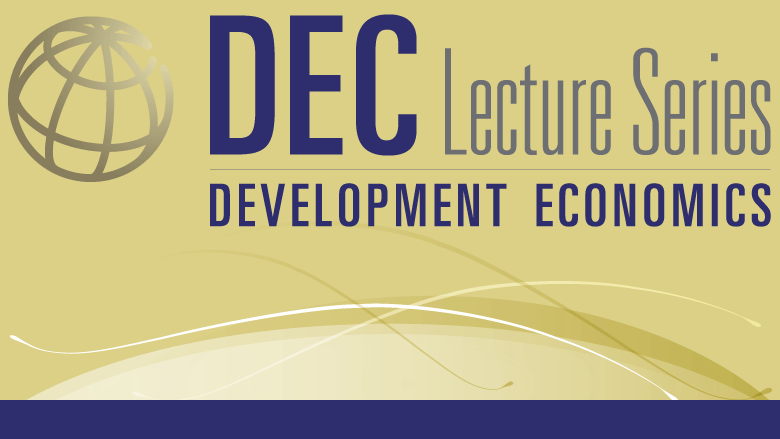
With Peter Howitt, Philippe Aghion developed the so-called ‘Schumpeterian paradigm’, and extended the paradigm in several directions. Much of the resulting work is summarised in the book he co-authored with Howitt entitled Endogenous Growth Theory.
In the process of trying to link growth and organisations, Professor Aghion has also contributed to the field of contract theory and corporate governance. His work concentrates on the question of how to allocate authority and control rights within a firm, or between entrepreneurs and investors.
In addition to his academic research, Professor Aghion has been associated with the European Bank for Reconstruction and Development (EBRD) since 1990. He is also managing editor of the journal The Economics of Transition, which he launched in 1992.
Philippe Aghion is a graduate of the mathematics section of the Ecole Normale Superieure de Cachan, has a degree in mathematical economics from the University of Paris 1 Pantheon-Sorbonne, and a Ph.D. from Harvard University (1987). He was elected a Fellow of the American Academy of Arts and Sciences in 2009.
